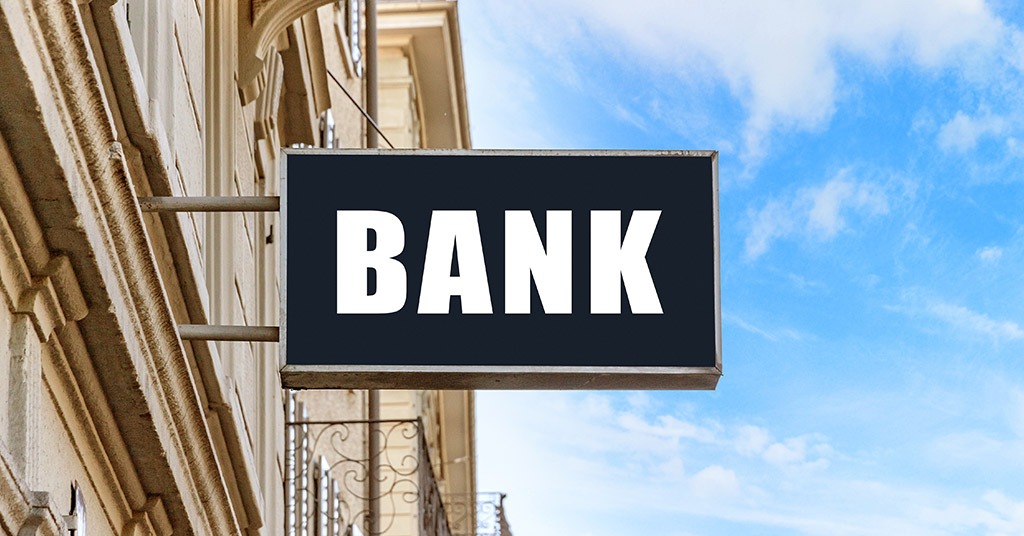Let’s consider major types of bank account

How to choose the right bank account type: overview. Source: shutterstock.com
Today, PaySpace Magazine would like to talk about different types of a bank account. A lot of people believe financial institutions just offer checking and savings accounts. In fact, if you delve into the issue, you may discover other types of bank account that banks commonly offer.
When it comes to putting your money in, there are a lot of options: You can put all your money into a checking account so you can spend and make deposits easily and often; you can put funds in multiple accounts, which will be apparently different (we mean account types) to earn interest or dividends from investments; or you could cash your paychecks and store your money under your mattress (we don’t recommend the last option).
Basically, there are six major types of a bank account. Keep in mind that accounts can come with all kinds of fees/ charges/ maintenance costs, so make sure you’ve read the fine print and do some research before taking a responsible step.
6 main bank account types
- Checking accounts
- Savings accounts
- Money market accounts
- Certificates of deposit (CDs)
- Retirement accounts
- Brokerage accounts
Checking accounts

Overdrawing your account leads to extra fees. Source: shutterstock.com
Checking accounts are the ones that give you the ability to access your funds (that you have obviously deposited) light and breezy. Normally, there is no minimum account balance required; thus, it is enough for you to keep the right amount of money in your account (we mean the amount that would cover your purchases and other expenditure). Here, it is vital to avoid overdrawing your account. Overdrawing someone’s account means that a client has spent more than they have in the checking account, and the bank pays the full amount of their purchase. In almost all cases, overdrawing your account leads to extra fees, so if you’ve spent more, be ready to be charged for the privilege.
Savings accounts
This type of account allows you to earn interest on the money you deposit. However, you can save money in such an account as well. On the other hand, normally, such accounts are not as flexible as checking accounts, meaning the number of monthly withdrawals or transfers you can make is limited and usually there is a daily minimum balance requirement.

This type of account allows you to earn interest on the money you deposit. Source: shutterstock.com
Money market accounts
A money market account is somewhere between a savings and checking account. Usually, you get a higher interest rate on such an account (compared to savings accounts), but the number of monthly withdrawals/transfers can still be limited. The interest rate you earn can depend on the amount you have deposited.
Certificates of deposit (CDs)
Certificates of deposit can be a low-risk way to invest funds for a certain period of time at a fixed/variable interest rate. CDs are considered low risk because if you agree for a fixed interest rate, you’ll surely get that percentage rate on your deposit until your CD matures. CDs are considered to be more attractive than conventional savings accounts (due to the fact that they offer higher interest rates). It all seems good, but you should remember one thing: CDs have early withdrawal fees. It means if you withdraw money from such an account before it matures, the fees can be expensive.
Individual retirement arrangements (IRAs)
An individual retirement arrangement (also known as an individual retirement account) is a savings tool the IRS created as a way to give people an easy avenue to save for retirement. Contributions to IRAs are limited to $5,500 per year except if you are age 50 or older, at which point you can invest an additional $1,000 per year. Like other retirement accounts, such as a 401(k), deposits made into an IRA are intended to stay in the account until the account owner turns 59½ years of age. Early withdrawals typically trigger some sort of penalty.

It is a savings tool the IRS created as a way to give people an easy avenue to save for retirement. Source: unsplash.com
There are two main types of IRAs: a Roth IRA and a traditional IRA.
Roth IRA
- Deposits are made after taxes and are not tax-deductible.
- There is no age limit on when you must start withdrawing the specified minimum amount from your account.
Traditional IRA
- Contributions can be tax-deductible.
- Earnings are tax-deferred.
- Your withdrawals will be taxed.
You are not allowed to make contributions starting the year you reach age 70½ and must begin withdrawing the required minimum amounts shortly thereafter.
Brokerage accounts

Brokerage accounts give you another way to invest your money. Source: shutterstock.com
Brokerage accounts give you another way to invest your money. With such an account, you can invest in stocks and bonds. You can earn money buying stocks if you sell them at a price that’s higher than when you bought them. You can also earn dividend payments, which is when a company distributes some of its earnings to shareholders.
Brokerage accounts are considered higher risk because the value of your stocks can go down, meaning that you could lose money if you sell them at that lower price. On the other hand, brokerage accounts also have the greatest potential to grow over the long haul. So if you desire to get the most profitable deal you can with your funds and you are ready to take the risk, a brokerage account might be right for you.
Bottom line
We’ve taken a look at major types of a bank account. Different account types help you achieve different goals, and each account is good for its purpose. Thus, it’s important to be clear about your needs and which bank accounts meet those needs.
SEE ALSO:









